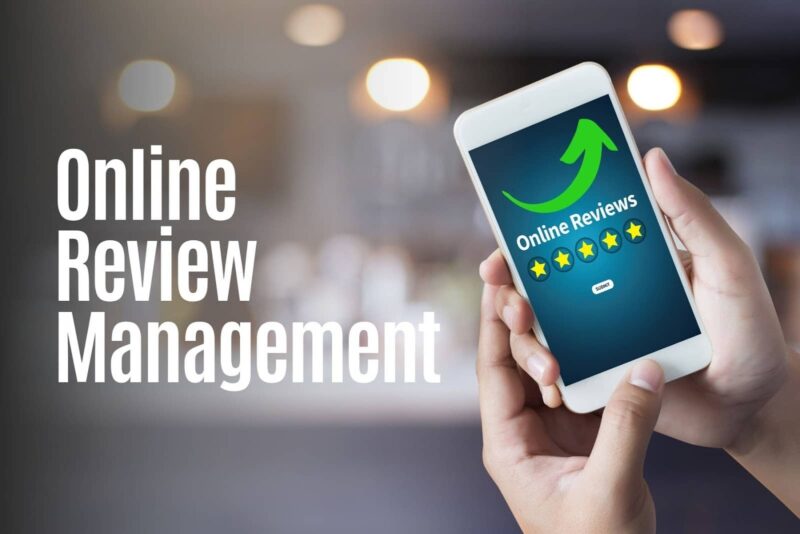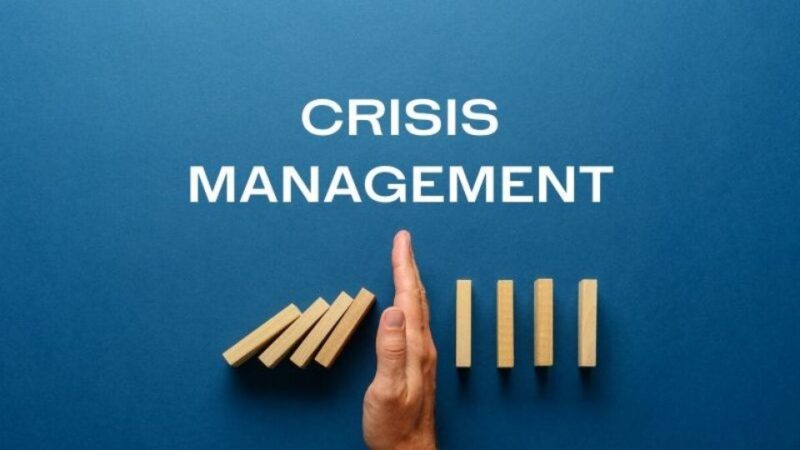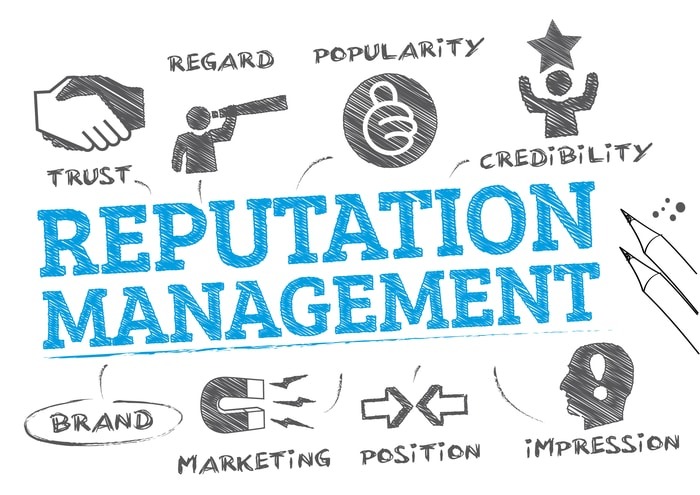Reputation Management in The Digital Age: Trends and Emerging Strategies
With the rise of social media and online reviews, reputation management has become an increasingly important aspect for businesses and individuals alike. Maintaining a positive digital identity and reputation can make or break a brand or individual’s success.
It’s no longer enough just to produce quality work or provide excellent customer service; businesses and individuals must now also actively manage their online presence to stay competitive and relevant.
We will take a closer look at the current trends and emerging strategies in reputation management in the digital age.
Real-Time Monitoring

One of the biggest trends in reputation management in the digital age is real-time monitoring. With social media platforms like Twitter and Instagram, news of a negative customer experience or review can quickly go viral and spread to thousands, if not millions, of people.
Real-time monitoring allows businesses and individuals to stay on top of negative comments or reviews and address them before they spiral out of control. There are several tools available that can help with real-time monitoring, such as Google Alerts and Hootsuite. Real-time monitoring is a vital tool in any business that wants to maintain a positive online presence.
Influencer Marketing
Another emerging trend in reputation management in the digital age is influencer marketing. Influencers, often individuals with a substantial following on social media platforms, possess the power to sway the purchasing decisions of their loyal followers.
By strategically collaborating with these influencers, businesses can witness a significant uplift in their reputation and credibility. Moreover, this innovative marketing strategy extends the reach of businesses, enabling them to tap into new target audiences and amplify their brand awareness to unprecedented levels.
Online Review Management

Online reviews have become a cornerstone of reputation management in the digital age. Studies show that 84% of people trust online reviews as much as a personal recommendation. Positive reviews can be a powerful tool for businesses, but negative reviews can be equally damaging.
To manage online reviews effectively, businesses should respond to both positive and negative reviews in a professional and timely manner. There are also online review management tools available that can help businesses streamline the review process.
Content Marketing
Content marketing is not just another strategy but an emerging and powerful approach to reputation management in the digital age. It involves the creation and dissemination of valuable and relevant content tailored specifically to the target audience. By leveraging this strategy, businesses and individuals can position themselves as industry thought leaders, gaining credibility and trust among their audience.
The versatility of content marketing allows for various forms of content, including engaging blog posts, attention-grabbing social media updates, visually appealing videos, and informative infographics. With each piece of content, the opportunity to connect and resonate with the target audience grows, leading to stronger relationships and long-term success in the ever-evolving digital landscape.
Crisis Management

Finally, crisis management is an important strategy for reputation management in the digital age. With the speed at which information spreads online, businesses need to have a plan to address any negative events or news that may occur.
This could include creating a crisis management team, monitoring social media for negative comments, and having a clear plan for responding to negative feedback. By proactively addressing crises quickly and effectively, businesses can minimize the damage to their reputation.
Final Thoughts
In conclusion, reputation management has become an essential aspect of doing business in the digital age. By staying on top of current trends and emerging strategies, businesses and individuals can maintain a positive online presence and stay competitive in their respective industries.
Real-time monitoring, influencer marketing, online review management, content marketing, and crisis management are all important strategies to help businesses and individuals build and maintain a positive reputation in the digital world.



